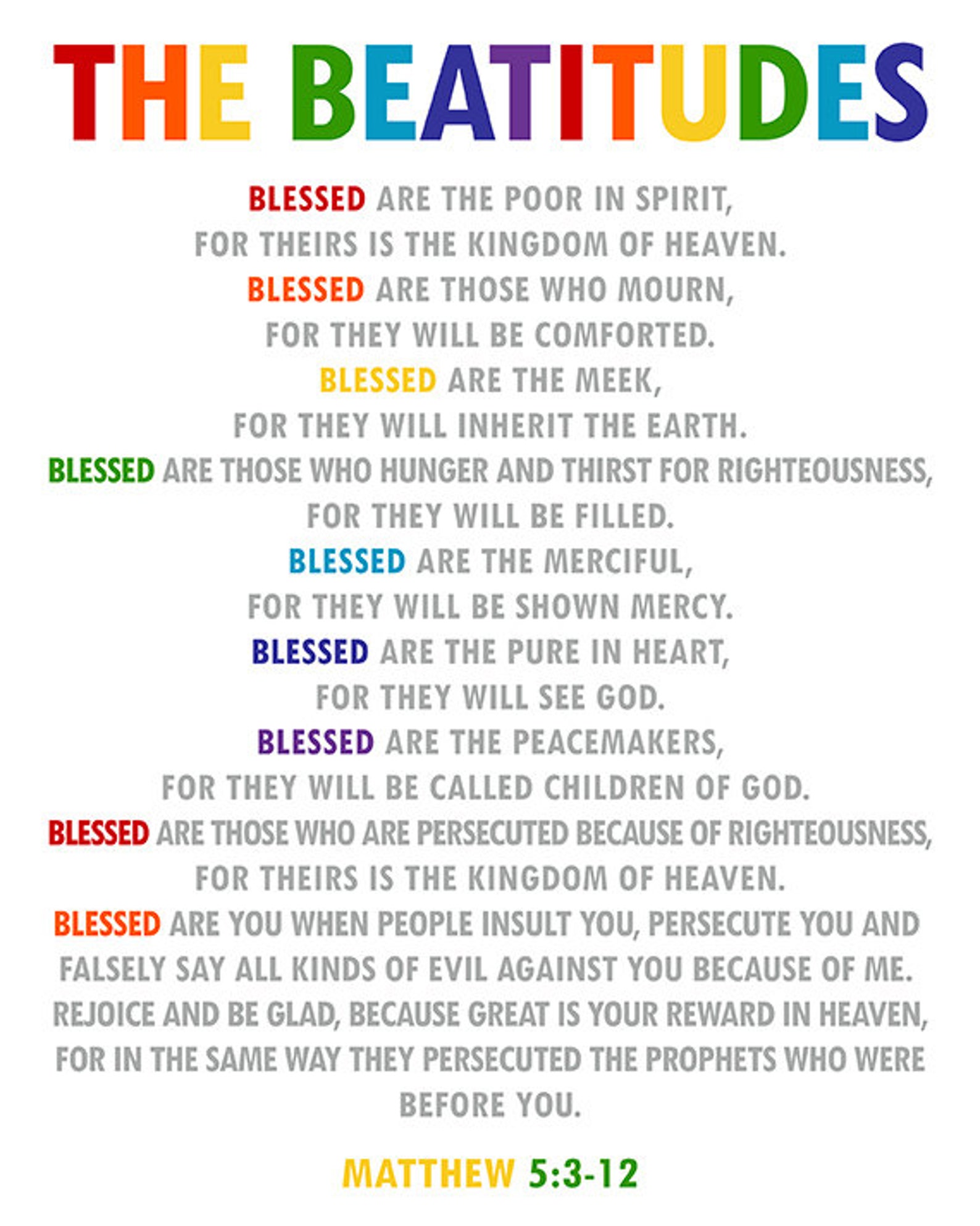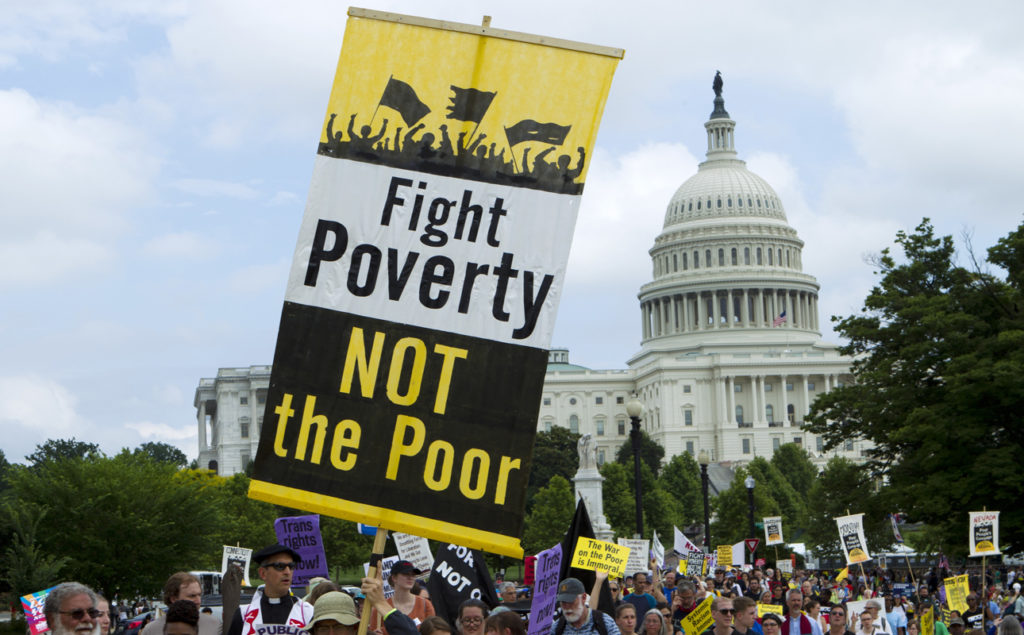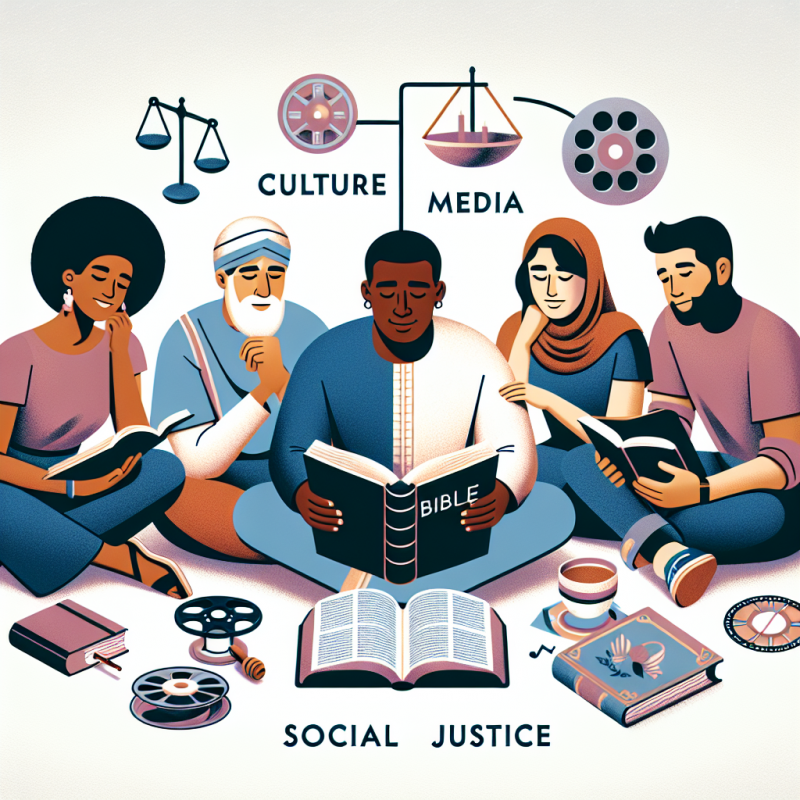Christian Responses to Poverty and Injustice: A Call to Faith-Based Action
Amidst a world rife with disparities and injustices, the Christian faith offers a potent framework for understanding and addressing poverty and social inequities. This article delves into the Christian ethical stance on poverty and injustice, exploring how biblical teachings compel us to act justly, love mercy, and walk humbly with our God (Micah 6:8).
The Biblical Mandate for Social Justice
The scriptures are rich with directives calling Christians to engage with the world’s suffering and injustice. Jesus’ teachings in the Beatitudes (Matthew 5:3-12), for instance, pronounce blessings on those who are poor, hungry, and persecuted, underscoring God’s concern for the marginalized and oppressed. Moreover, the parable of the Good Samaritan (Luke 10:25-37) serves as a powerful call for Christians to cross societal boundaries to help those in need.

Understanding Poverty and Injustice Through a Christian Lens
Poverty and injustice are multifaceted issues that can be approached from various angles. From a Christian perspective, these challenges are not merely economic or systemic issues but also spiritual battles. The pursuit of justice is not just about altering circumstances but about reflecting the character of Christ in the world. Engaging with poverty and injustice, therefore, involves both alleviating immediate suffering and addressing deeper systemic causes.
Examples of Christian Responses
Throughout history, Christians have responded to poverty and injustice in diverse ways. The early church, as described in Acts 2:44-45, shared their possessions to ensure no one was in need. In modern times, Christian ministries and organizations work globally to provide relief, promote sustainable development, and advocate for policy changes.
Embodying Truth and Grace
Addressing poverty and injustice requires a delicate balance between proclaiming truth and extending grace. Christians are called to speak boldly against injustice while also embodying Christ’s compassion and reconciliation. This duality is evident in the biblical call to “speak up for those who cannot speak for themselves” (Proverbs 31:8-9) and in Christ’s ministry, which combined radical truth-telling with profound love.
Practical Steps for Christian Engagement
- Educate Yourself: Understand the root causes of poverty and injustice locally and globally.
- Pray: Seek God’s guidance and intercede on behalf of the oppressed.
- Support Ministries and Organizations: Contribute time, skills, or resources to efforts that align with biblical principles of justice and mercy.
- Advocate: Use your voice to influence policies and systems for the betterment of society.

Integrating Previous Discussions
Reflecting on previous articles, such as those discussing finding Christ in difficult times or navigating faith and technology, it’s clear that Christian involvement in poverty and injustice also requires embodying the teachings of Jesus in our everyday lives. Whether it’s through technological innovation guided by ethical principles or the personal journey of overcoming life’s challenges through faith, the Christian response always moves towards action that reflects God’s love and justice.
A Personal Reflection
On my journey, witnessing poverty and systemic injustice first-hand has not only deepened my understanding of the gospels but has propelled me towards action. Whether through my professional skills or personal capacities, I’ve learned that every act of kindness is a step towards embodying Christ’s love in a broken world.

Final Thoughts: A Call to Action
As Christians, we are invited to contribute to a world where justice, mercy, and humility are not just ideals but realities. This journey requires courage, compassion, and continual reflection on our faith and actions. I encourage you to take a step today, however small, towards being an agent of change in your community and beyond. Let us walk this path together, with open hearts and a steadfast commitment to reflecting Christ in every aspect of our lives.
Focus Keyphrase: Christian Responses to Poverty and Injustice




Reading this article reminded me why my faith is so central to every aspect of my life, especially during the tough times. As a single mom navigating the challenges of raising a child with special needs, I often contemplate God’s presence in our suffering and how I can better serve others despite my own trials. David, your words have not only provided comfort but have reignited a passion within me to look beyond my circumstances and see where I can be a beacon of God’s love and justice. Your practical steps offer a tangible way to start, and for that, I’m truly grateful. It’s articles like these that help strengthen my faith and resolve. – Sarah Nguyen
Greetings to all our faithful readers, I’m David M, the author behind this piece. In a world where poverty and systemic injustice seem insurmountable, I felt a strong calling to address how our Christian faith not only offers a lens to understand these issues but also equips us with the means to actively combat them. This article is a humble attempt to outline our responsibilities as Christians towards enacting social justice and showcasing God’s love through our actions. I pray that it serves as an inspiration for you to take steps, no matter how small, towards making justice a lived reality. Let us be Jesus’ hands and feet on earth, working steadfastly towards a world that reflects His kingdom.